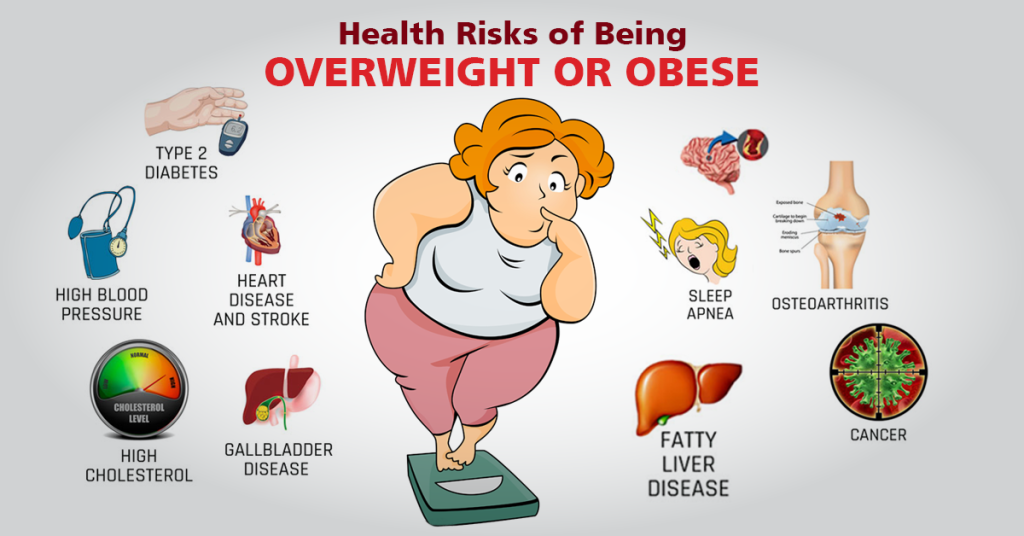Obesity is increasingly becoming a global issue, raising alarms due to its connection with various illnesses and premature mortality. However, reducing weight significantly reduces the risk of health complications. Effective strategies to combat obesity encompass behavioral changes, pharmaceutical interventions, and surgical procedures. Tailoring a blend of these methods to an individual’s needs typically yields the best results.

A recent comprehensive review published in JAMA highlighted obesity, defined by a BMI of 30 or higher, as a significant risk factor for illnesses and early mortality. Nonetheless, weight loss can positively impact associated risk factors like elevated blood sugar, high blood pressure, and abnormal lipid levels.
The review emphasized that interventions such as dietary modifications, exercise regimens, medications, and bariatric surgery all play pivotal roles in successful weight management.
The authors recommended combining these approaches tailored to each person for more effective treatment.
The Growing Concern of Obesity
The review, collating 126 high-quality studies and policy guidelines, shed light on the concerning rise of obesity globally. Dr. Blen Tesfu, a medical advisor at the UK-based healthcare platform Welzo, found the findings comprehensive. The study reported a significant increase in worldwide obesity rates between 1975 and 2014, with projections estimating further increments by 2025. Alarming statistics in the United States indicate a current obesity rate of 42% among adults, with an estimated surge to 48.9% by 2030.
Health Risks and Impacts
The association between obesity and various health problems is robust. It significantly impacts metabolic health, contributing to conditions such as diabetes, high blood pressure, and cardiovascular diseases.

Beyond physical ailments, obesity also links to sleep disturbances, osteoarthritis, and mental health issues like depression and anxiety, exacerbated by societal stigma.
Reducing Health Risks through Weight Loss
Even modest weight loss, ranging from 5% to 10%, yields substantial improvements in risk factors like blood sugar and triglyceride levels. Greater weight loss, especially in managing conditions like type 2 diabetes and hypertension, further enhances health markers.
Optimal Treatments for Obesity
The study identified three primary interventions for weight loss:
Behavioral changes, medications, and surgery.
- Behavioral and lifestyle modifications, emphasizing dietary changes, increased physical activity, and behavioral therapy, can lead to 5% to 10% weight loss.
- Medications like GLP-1 agonists such as Ozempic, Wegovy, and Mounjaro show promise, facilitating 8% to 21% weight reduction.
- Surgical procedures like laparoscopic sleeve gastrectomy and Roux-en-Y gastric bypass result in 25% to 30% weight loss.
A Holistic Approach
Effective obesity treatment often involves a combination of lifestyle modifications, medical interventions, and, in some cases, surgical procedures. Permanent lifestyle changes, long-term medication use, and personalized interventions remain crucial for sustained weight loss and reduced risk of obesity-related health concerns.
Conclusion
Obesity poses a significant health challenge globally, with severe implications for health and longevity. Nonetheless, weight loss, even in small amounts, can dramatically improve overall health. Implementing a multifaceted approach tailored to individual needs, encompassing diet, exercise, medications, and, when suitable, surgery, offers a comprehensive strategy in the fight against obesity.

